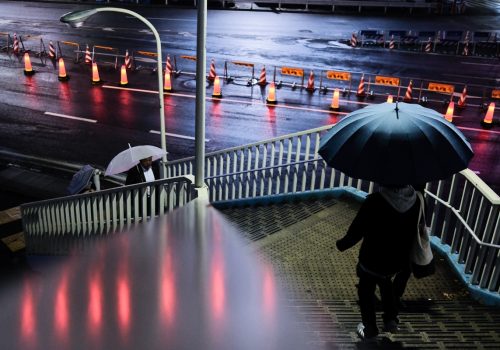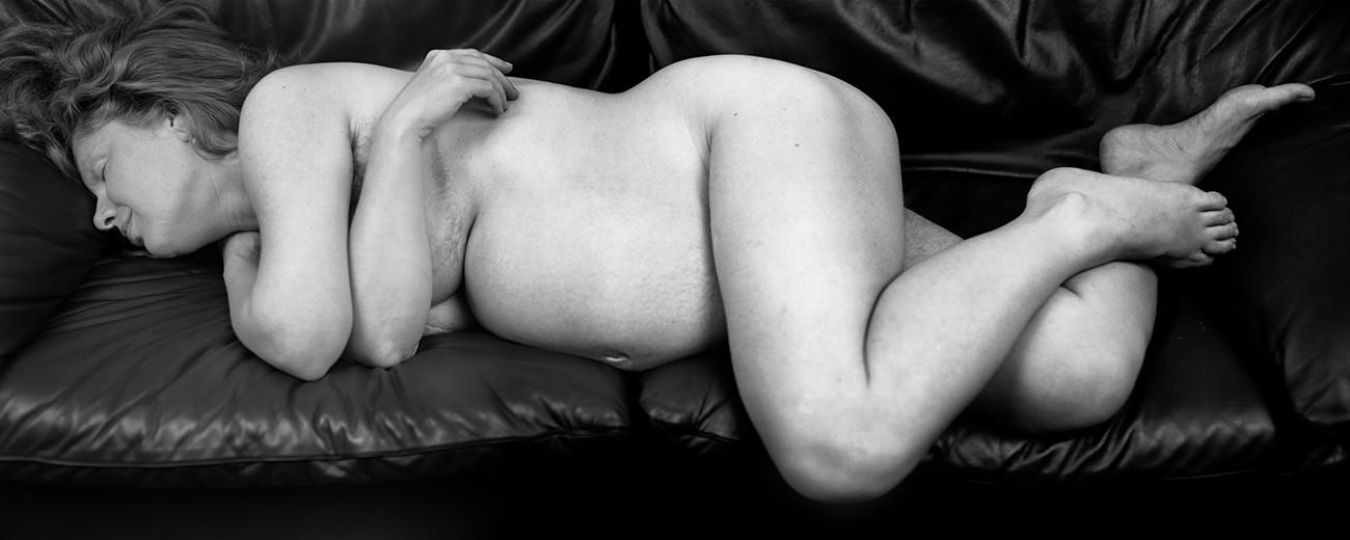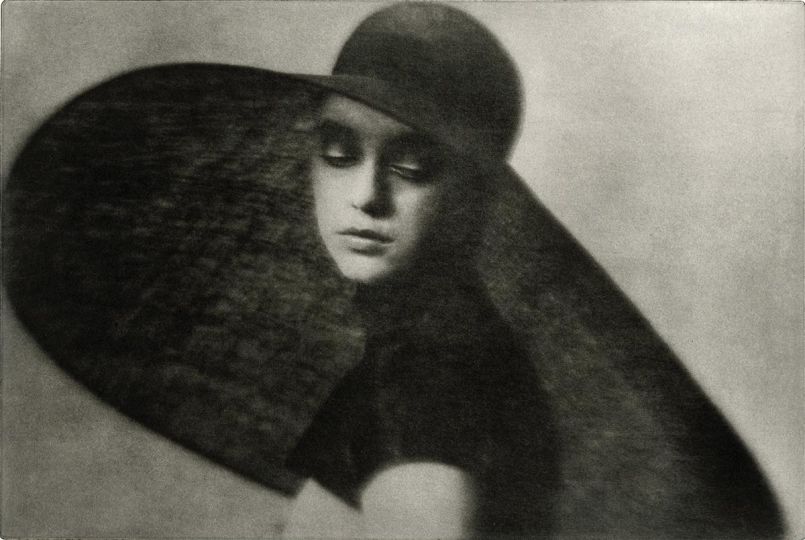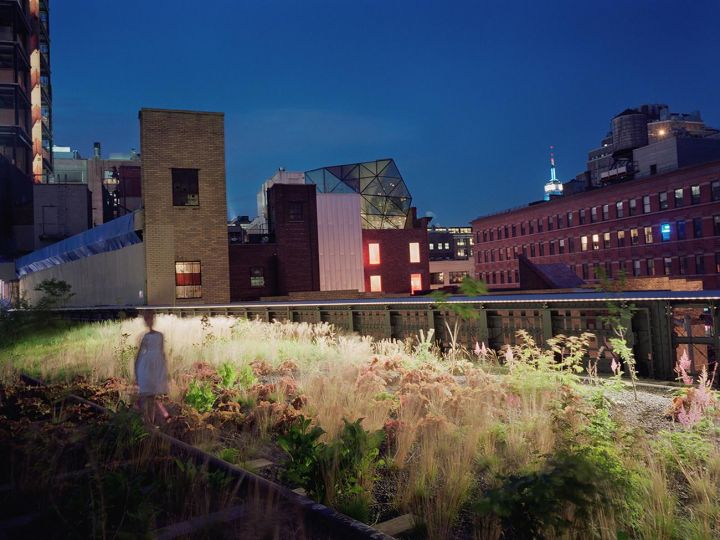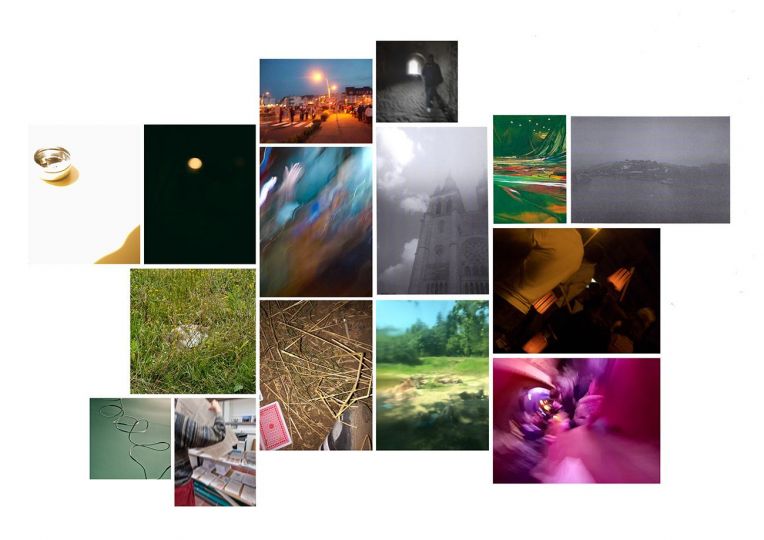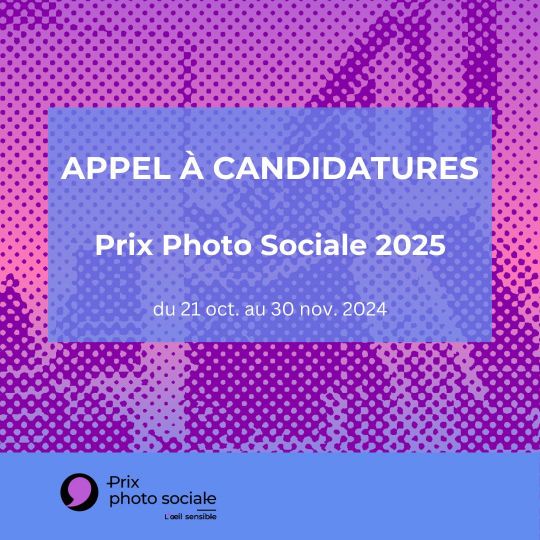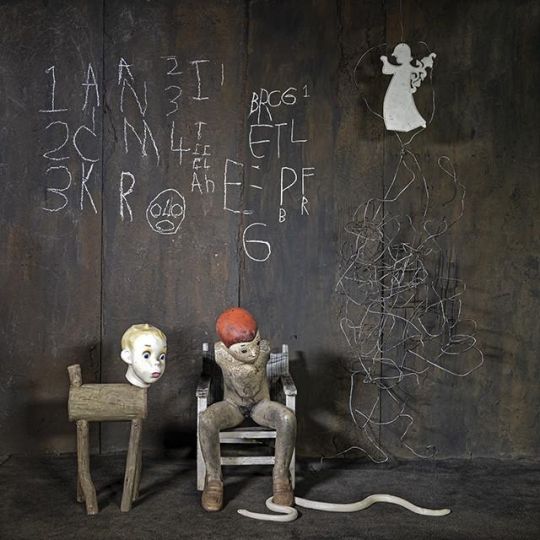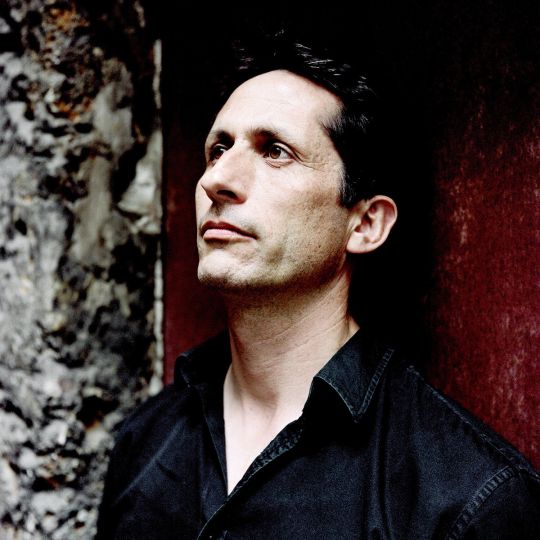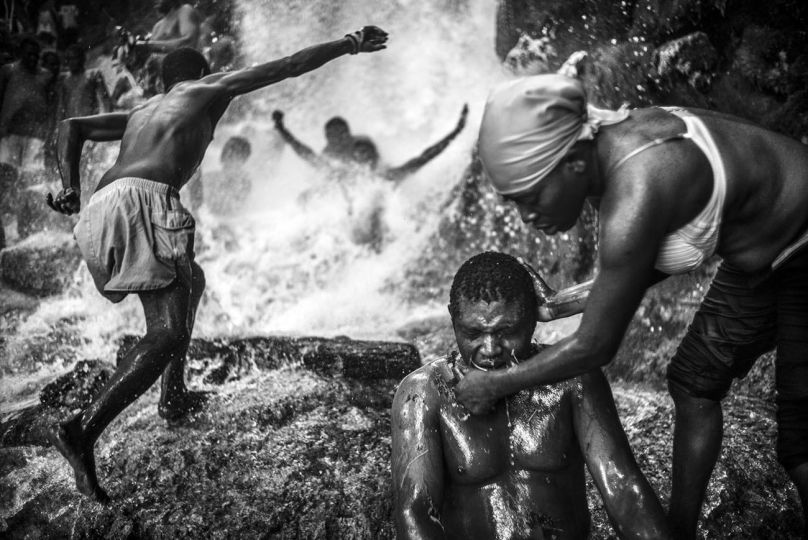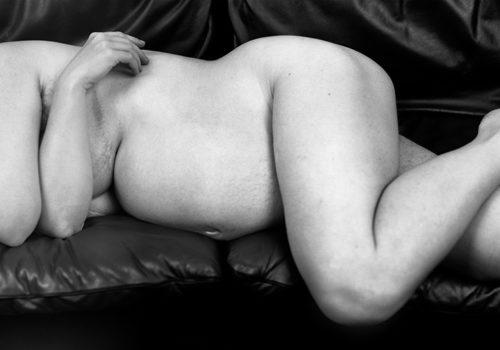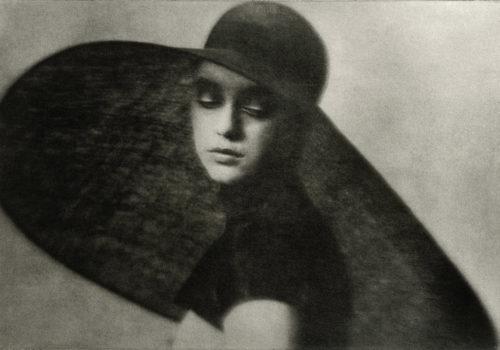David Gaberle took up photography at the age of twenty-one, having interrupted his university studies in London. He returned to Prague, and began working as a bartender in a local jazz club. Facing the confined spaces of the city’s metro every day on the way to work, David decided to carry a camera as a distraction and realized photography allowed him to control the way he perceived his surroundings.
Going out onto the streets was a superhuman feat for him at that time. Afraid and overcome by panic, he was eventually hospitalized for two months in the Bohnice Psychiatric Hospital in north Prague. The hospital pavilions, scattered between large trees, and the nostalgia from the timelessness of the place evoke the atmosphere of Chekhov stories. If you are not suffering from anxiety, you might think that it is an almost ideal place to take a walk. However, someone with such problems is grateful for the high walls protecting them from the surrounding city, which is the cause of their constant angst. Artistic ambition did not play a role in David’s path to photography, only an intense effort to understand himself and find firm ground to stand on in his life.
Lessons of the Metropolis
David Gaberle belongs to the generation which didn’t experience the restrictions of the communist regime and which, unlike the previous generation, must deal with the practically unbridled freedom and vast amount of available options. He was born a few weeks after the 1989 Velvet Revolution and grew up in a well-off middle-class family, where it is naturally assumed that the children will be just as successful as their parents and older siblings.
By his own admission, he suffers from an almost pathological perfectionism and need to constantly analyze his own perception and thoughts. Another of his qualities is absolute dedication to every pursuit he feels passionate about. At the age of seventeen, as a rapper performing under the pseudonym Quote, he learnt to rap in English so well he was able to lose his Eastern European accent. Anyone who has ever tried this will know it is almost impossible without a musical ear, good memory and feeling for rhythm. This had a deeper significance: David Gaberle’s improved English helped him get accepted to Cambridge University. However, his close connection with urban culture and his aversion to Cambridge’s traditionalist image drew him away from the picturesque English town, and he decided instead to study anthropology at University College London. Being used to working hard, he coped with the workload with ease. He considers the number of progressive cultural events and the wide range of nationalities to be the greatest advantages of living in London. Unlike in Prague, where his friends were largely from the suburban area of Palmovka, in London they came from all over the world.
In time, however, societal pressure to succeed, combined with a strong will and almost insatiable ambition, took their toll at university. He recalls the months of spending up to sixteen hours a day in the library, including on weekends, and saving time by running to lunch, which he would eat on the way back. After two years in London, David Gaberle had to interrupt his studies and return home for two years to again find his inner balance and direction. This can be seen as a metaphor for his existence. He always has to push himself to the limit, as if spurred on by an internal, unstoppable engine.
Petr Volf
Petr Volf is an author specialized in the arts and based in Prague, Czech Republic.
David Gaberle, Metropolight
Self-Published
25€

